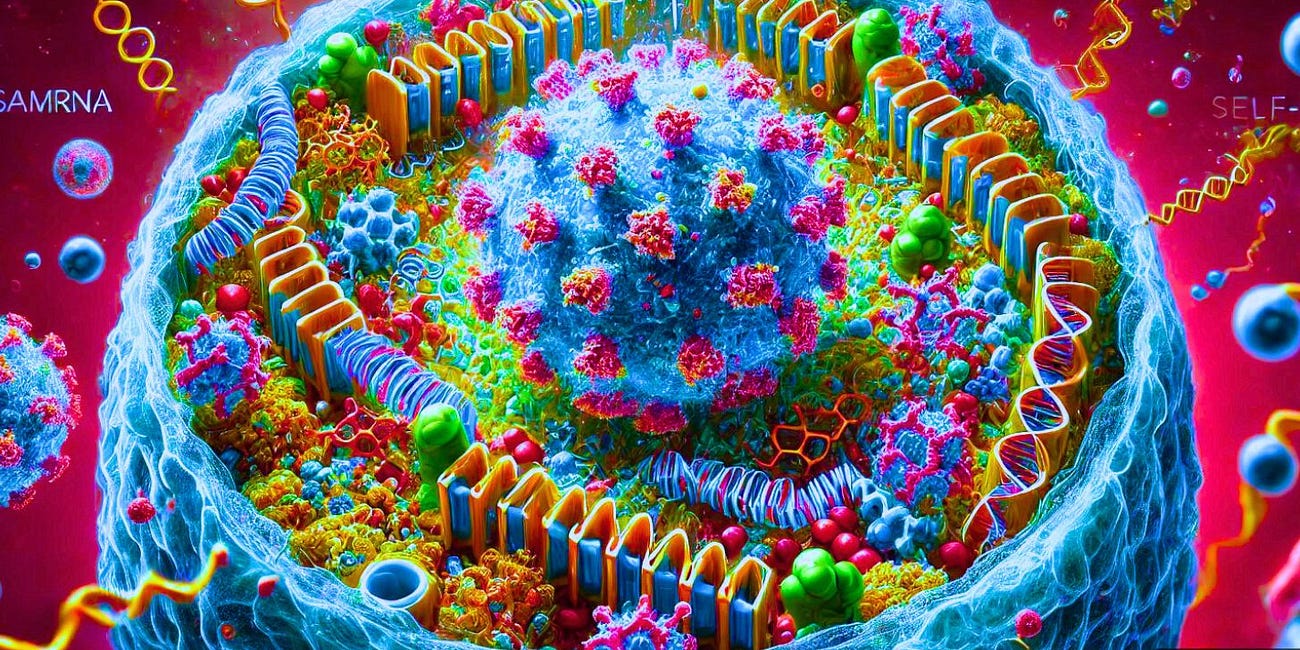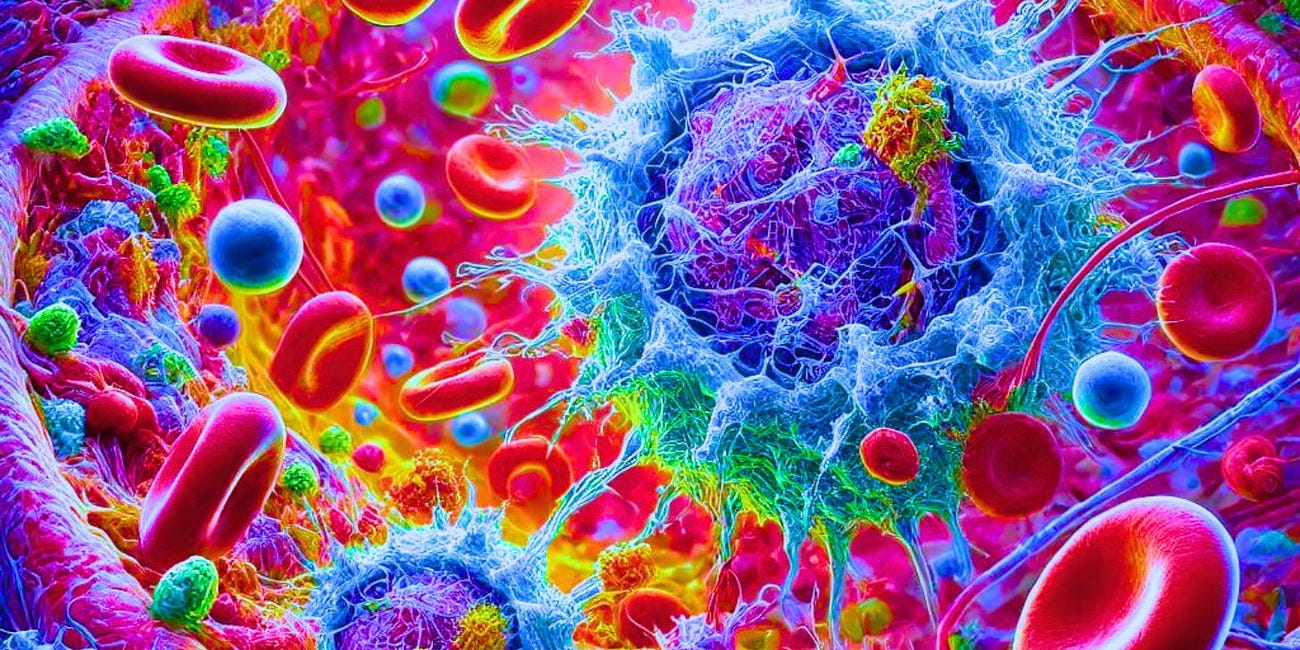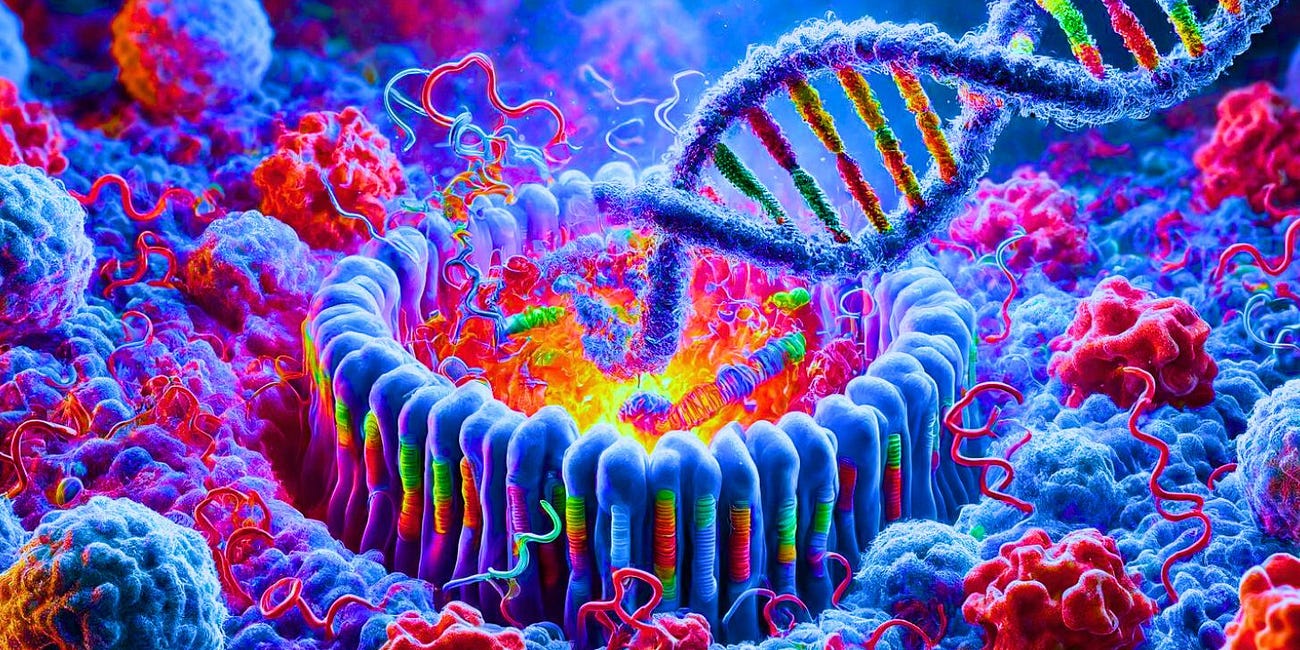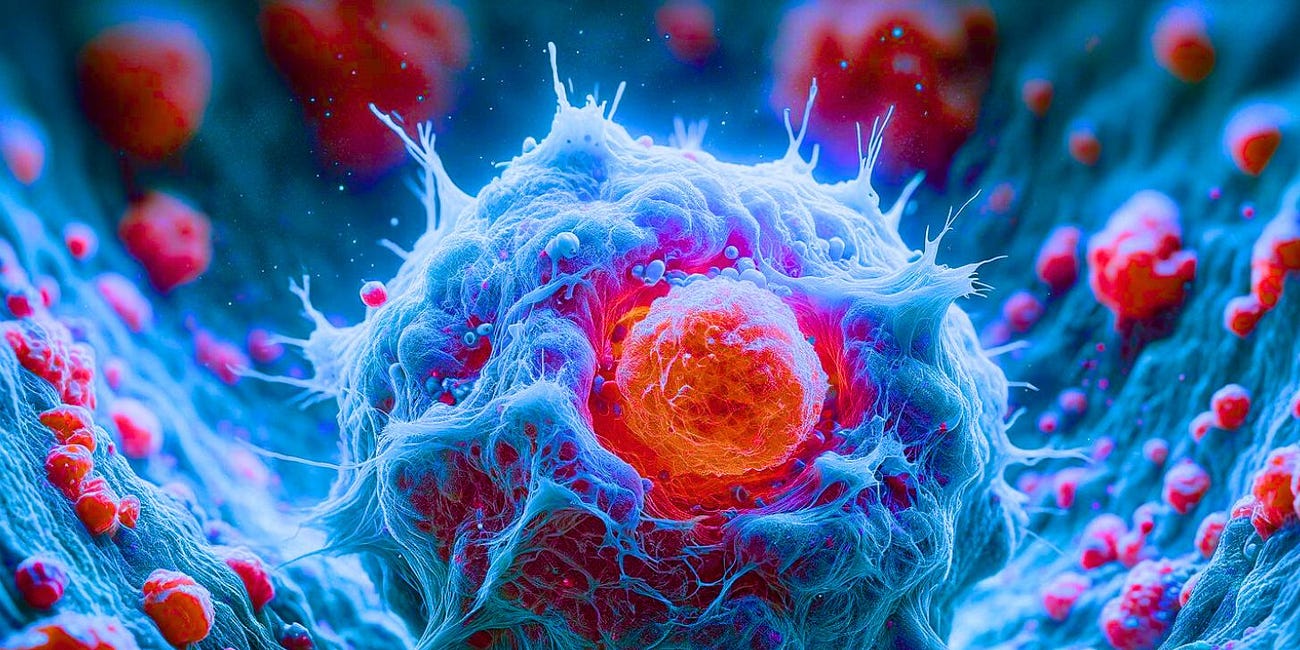250 Studies Confirm Spike Protein Pathogenicity, Raising Concerns About COVID-19 mRNA Jabs
mRNA COVID shots produce large amounts of spike protein in the body.
An exhaustive compilation of over 250 peer-reviewed scientific studies led by Dr. Martin Wucher highlights a growing body of evidence showing that the spike protein—the key component of COVID-19 mRNA injections—is highly pathogenic.
Follow Jon Fleetwood: Instagram @realjonfleetwood / Twitter @JonMFleetwood / Facebook @realjonfleetwood
Originally part of the SARS-CoV-2 virus, the spike protein functions as a “key” to bind and infect human cells, a summary of the document explains.
mRNA shots work by forcing cells to produce spike proteins, which are said to trigger an immune response that generates antibodies.
However, these studies reveal that the spike protein itself can cause significant harm, independent of the virus.
The research, compiled into two sections, details the damaging effects of the spike protein when studied outside the context of the full virus.
You can read the full document here:
The first section provides an alphabetical list of studies confirming its pathogenicity, while the second categorizes research by the tissues and organ systems affected, mechanisms of harm, and clinical pathology findings.
Many studies relied on recombinant spike proteins or pseudoviral vectors, demonstrating adverse effects unrelated to the rest of the viral machinery.
This growing evidence raises significant concerns about the safety of COVID-19 mRNA jabs, which rely on the production of large quantities of spike proteins in the body.
These proteins are shown to have the potential to harm various tissues and systems.
The findings point to risks of inflammation, immune dysfunction, and long-term health complications directly linked to the spike protein.
As questions mount about the long-term implications of repeated exposure to spike proteins through vaccination, this research underscores the need for a reevaluation of mRNA vaccine safety protocols.
It also highlights the importance of transparency and rigorous oversight in public health decisions.
Corresponding author Erik Sass, available at eriksass@gmail.com, offers further details for researchers, healthcare professionals, and policymakers seeking to understand these risks.
Follow Jon Fleetwood: Instagram @realjonfleetwood / Twitter @JonMFleetwood / Facebook @realjonfleetwood
Japan to Roll Out New Self-Replicating samRNA COVID Shot That Produces Even More Toxic Spike Protein in the Body Than Regular mRNA Jabs
Meiji Seika Pharma announced plans on Tuesday to seek approval in Japan for its self-amplifying mRNA (samRNA) COVID-19 vaccine, Kostaive (ARCT-2301), with a goal of distributing it for the upcoming fall and winter seasons.
COVID Jab Spike Protein Linked to 'Life-Threatening' Immune Disorder Causing Severe Inflammation: Journal 'Infectious Disorders - Drug Targets'
A Monday publication in the peer-reviewed medical journal Infectious Disorders - Drug Targets confirms the link between the spike protein that the COVID-19 jab forces the body to produce and the immune disorder Macrophage Activation Syndrome (MAS).
COVID-19 Jab mRNA and Spike Protein Stay in Human Tissue Longer Than Expected—187 Days: Journal 'British Pharmacological Society'
A new review article published Wednesday in the journal British Pharmacological Society confirms COVID-19 jab mRNA can last up to a month in the body, and spike proteins can persist over six months, potentially causing cardiotoxicity and immune response issues, with ingredient N1-methyl-pseudouridine (m1Ψ) contributing to these risks.
COVID Jab Spike Protein Remains in Body 'Up to 245 Days'—Not a 'Few Weeks' as Health Authorities Claimed: Journal 'MedRxiv'
A March publication in the peer-reviewed medical journal MedRxiv confirms that the spike protein produced by cells after mRNA COVID-19 injection remains in the body for “up to 245 days,” contradicting claims from mainstream health authorities.
COVID Spike Protein—Present in Pfizer, Moderna mRNA Jabs—Helps Cancer Cells Survive Chemotherapy: Brown University Study Preprint in 'BioRxiv'
Brown University researchers posted a preprint study last month in BioRxiv, an open-access preprint repository for the biological sciences, confirming that the SARS-CoV-2 spike protein interferes with the effectiveness of chemotherapy treatment for cancer.










Thank you, Jon, for the posts, and the Pathogenicity Library. I am passing the Library on (with attribution) to some people who need to see it, and to some who will appreciate it for their own collection and sharing.
AND THE FDA is busy recalling vegetables and pies !! Make sure you stop drinking raw milk 🤦♀️